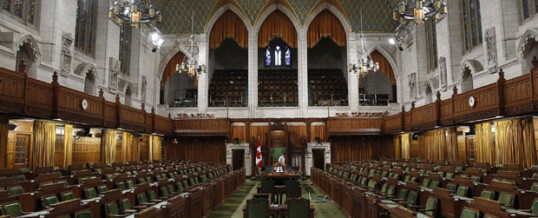McLeod Group Blog, Sept. 18, 2015
Through its most excellent management of the economy, the Harper government finally discovered, after six years in the red, how to balance the budget.
The surplus in 2014-15, we are told, amounts to $1.9 billion. This is seriously good news for a Conservative election campaign that seems a bit like a dump truck rolling downhill without brakes.
So how on earth did they finally do it? They did it in three ways. The first was asset-stripping. ...
Continue Reading →






